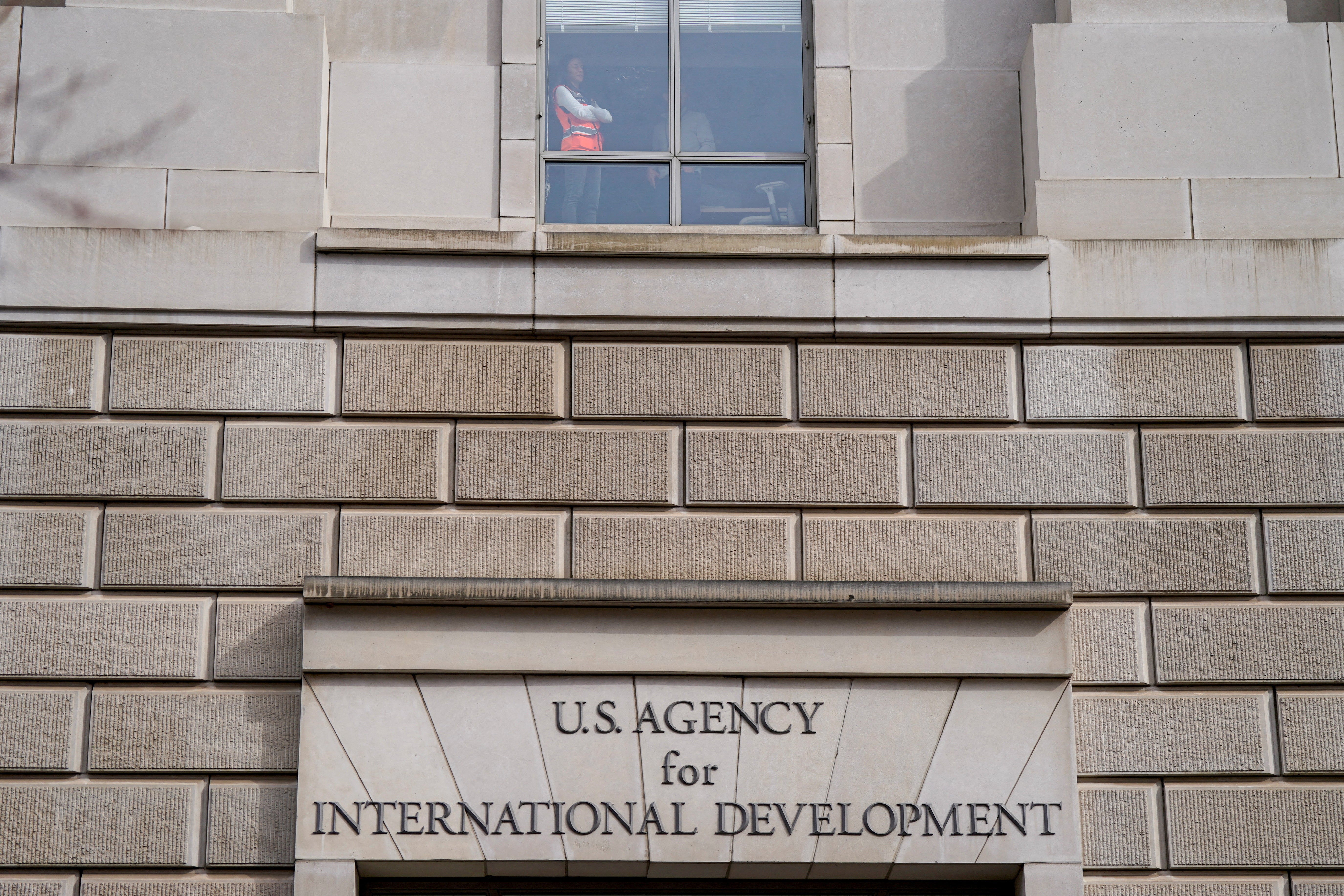The Supreme Court has handed Donald Trump yet another victory by letting the administration continue to freeze billions of dollars in foreign aid while legal challenges against the government’s attempts to withhold public funding are ongoing.
On Tuesday, Chief Justice John Roberts granted the administration’s emergency appeal to temporarily block a lower court’s order, setting up a major test of what opponents have called the president’s unconstitutional attempts to control public funding approved by Congress.
Last week, a federal judge ordered the administration to spend funds that were already approved by Congress for global aid programs before that money expires at the end of the month.
U.S. Solicitor General D. John Sauer told the Supreme Court that unfreezing aid poses a “grave and urgent threat” to the presidency.
“The president can hardly speak with one voice in foreign affairs or in dealings with Congress when the district court is forcing the executive branch to advocate against its own objectives,” he wrote.
Trump’s attempts to block billions of dollars in foreign aid have been met with outrage and lawsuits from global health and aid groups that have warned the administration’s actions have lethal consequences for life-saving missions around the world.
A recent study in The Lancet estimated Trump’s cuts could contribute to the deaths of 14 million people by 2030, including as many as 5 million children under the age of 5.
Several overlapping legal battles challenging Trump’s threats to the congressional power of the purse have bounced back and forth from the Supreme Court, which rejected Trump’s demand to continue blocking nearly $2 billion in foreign aid payments back in March. Last month, a panel of appellate court judges in D.C. opened the door for the administration to continue withholding billions of dollars in money for food, medicine and other aid that the president blocked on his first day in office.
But in his order last week, District Judge Amir Ali argued that the government has “given no justification to displace the bedrock expectation that Congress’s appropriations must be followed.”
The law is “explicit that it is congressional action — not the president’s transmission of a special message — that triggers rescission of the earlier appropriations,” Ali wrote last week.
The Trump administration is calling the judge’s ruling “unlawful.”
Sauer said Ali’s ruling “precipitates an unnecessary emergency and needless interbranch conflict” and urged justices to block it.
An estimated $10.5 billion of roughly $30 billion at stake is set to expire on September 30, according to Sauer.
The government intends to spend $6.5 billion of those funds before the deadline, but spending the remaining $4 billion would be a “grave and urgent threat” to the separation of powers, he argued.
Trying to “scramble” to meet that end-of-the-month deadline is “untenable,” according to Sauer.
Plaintiffs argued that the Trump administration’s “emergency” is “a circumstance of their own creation.”
The U.S. Agency for International Development, now under the State Department’s direction, has been obligated to spend those funds for more than a year, and now chooses not to, according to plaintiffs,
“The government faces no cognizable harm from having to take steps to comply with the law for the short period while this Court considers its stay application,” plaintiffs wrote.

USAID, which was among the world’s largest aid programs with hundreds of life-saving missions in dozens of countries, has already endured a virtual collapse within the first eight months of the Trump administration.
Hours after entering office, Trump issued an executive order imposing a 90-day freeze on all foreign aid distribution, then placed virtually all USAID staff on administrative leave while folding what remains of the dismantled agency into the State Department.
Elon Musk, who assumed control of the so-called Department of Government Efficiency with a mandate to slash budgets across the federal government, said he wanted the agency to be fed into a “wood chipper.”
On July 1, Secretary of State Marco Rubio said the agency would “officially cease to implement foreign assistance.”
Rubio has since handed control of what remains of the agency to White House budget director Russell Vought, who is leading efforts to claw back nearly $5 billion in congressionally approved funds.
Last month, the White House told Congress that $4.9 billion in foreign aid approved by lawmakers would not be spent through a so-called “pocket” rescission, which the government’s own watchdog has warned is an illegal attempt to undermine the congressional power of the purse and unconstitutionally erode the nation’s core system of checks and balances.
‘We’re going to lose so many girls’: The deadly impact of Trump slashing aid for contraception
Trump’s aid cuts leave countries across Africa running out of crucial contraception
Princeton student held hostage by Iran-backed militia is free, Trump says
Qatar condemns ‘criminal assault’ after Israel strikes senior Hamas leaders in Doha
Qatar attack latest: Trump condemns ‘unfortunate’ Israeli airstrike







